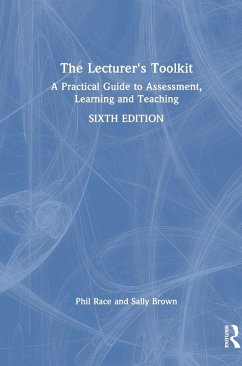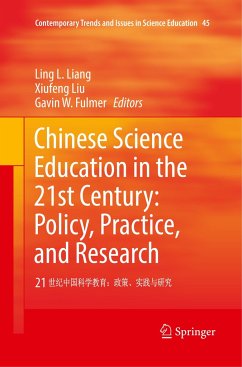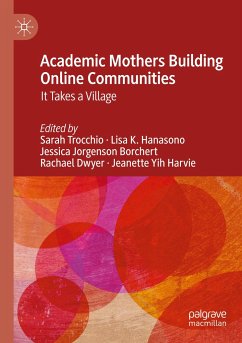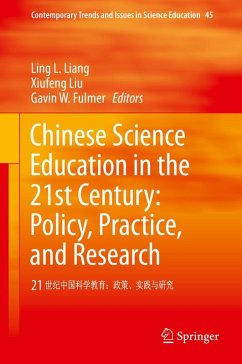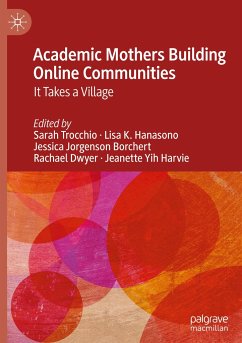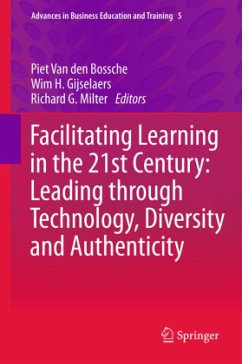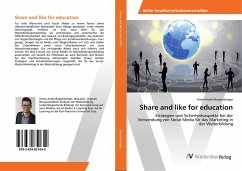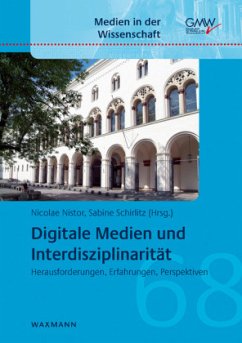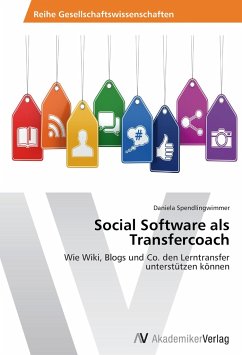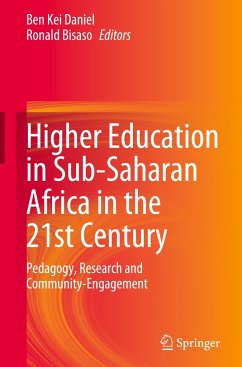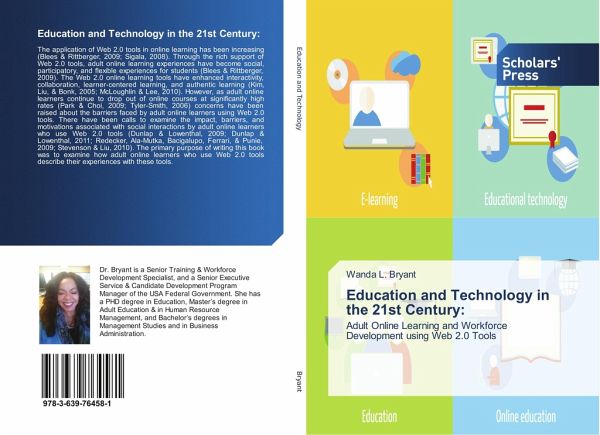
Education and Technology in the 21st Century:
Adult Online Learning and Workforce Development using Web 2.0 Tools
Versandfertig in 6-10 Tagen
25,99 €
inkl. MwSt.

PAYBACK Punkte
13 °P sammeln!
The application of Web 2.0 tools in online learning has been increasing (Blees & Rittberger, 2009; Sigala, 2008). Through the rich support of Web 2.0 tools, adult online learning experiences have become social, participatory, and flexible experiences for students (Blees & Rittberger, 2009). The Web 2.0 online learning tools have enhanced interactivity, collaboration, learner-centered learning, and authentic learning (Kim, Liu, & Bonk, 2005; McLoughlin & Lee, 2010). However, as adult online learners continue to drop out of online courses at significantly high rates (Park & Choi, 2009; Tyler-Smi...
The application of Web 2.0 tools in online learning has been increasing (Blees & Rittberger, 2009; Sigala, 2008). Through the rich support of Web 2.0 tools, adult online learning experiences have become social, participatory, and flexible experiences for students (Blees & Rittberger, 2009). The Web 2.0 online learning tools have enhanced interactivity, collaboration, learner-centered learning, and authentic learning (Kim, Liu, & Bonk, 2005; McLoughlin & Lee, 2010). However, as adult online learners continue to drop out of online courses at significantly high rates (Park & Choi, 2009; Tyler-Smith, 2006) concerns have been raised about the barriers faced by adult online learners using Web 2.0 tools. There have been calls to examine the impact, barriers, and motivations associated with social interactions by adult online learners who use Web 2.0 tools (Dunlap & Lowenthal, 2009; Dunlap & Lowenthal, 2011; Redecker, Ala-Mutka, Bacigalupo, Ferrari, & Punie, 2009; Stevenson & Liu, 2010).The primary purpose of writing this book was to examine how adult online learners who use Web 2.0 tools describe their experiences with these tools.



